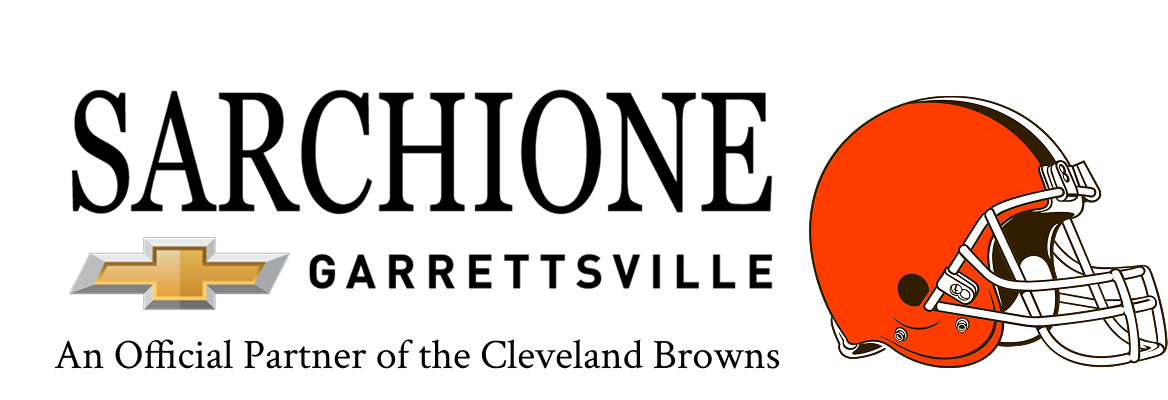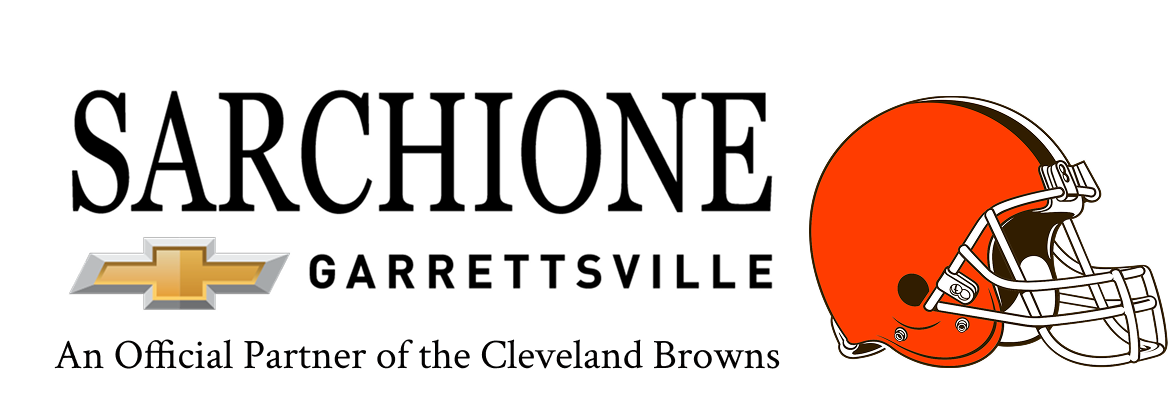High Chevy fuel consumption can catch drivers off guard, especially when the vehicle is used to deliver strong mileage. Even small changes in how the engine runs can affect efficiency. We see these issues often at Sarchione Chevrolet of Garrettsville and help drivers keep fuel costs in check with proper diagnostics and maintenance.
Do you already own one of our models, or are you comparing new Chevrolet models? Understanding the root of fuel waste helps you get the most out of every gallon.
High Chevy Fuel Consumption
There are several mechanical reasons why your fuel economy may drop. The most common problems come from components tied to combustion, air intake, or emissions control. Oxygen sensors, mass airflow sensors, and fuel injectors all influence how much fuel your engine burns. If any of these parts stop working the way they should, your system can run too rich or too lean, which forces the engine to burn more fuel than needed.
Poor fuel economy can also come from ignition timing problems or worn spark plugs. When combustion does not fire efficiently, power drops, and the engine compensates by using more fuel. Drivers might feel hesitation under load or notice the engine sounds rough at idle. Any misfire, no matter how small, wastes fuel and increases emissions.
Low tire pressure and poor wheel alignment also contribute to increased fuel use. These issues create rolling resistance, which forces the engine to work harder to maintain speed. If your fuel economy drops and the vehicle feels like it drags or pulls, those signs may point to suspension or tire wear.
Cold weather driving, short trips, or extended idling can also increase fuel use. These conditions prevent the engine from reaching optimal operating temperature. That delays closed-loop fuel control and causes the system to use a richer fuel mixture.
What To Watch And Listen For
Drivers usually notice high fuel consumption through more frequent fill-ups or a drop in range. Many Chevy vehicles show fuel economy data on the driver display. A sudden decrease in average MPG readings often signals a mechanical or sensor problem. You may also notice black smoke from the exhaust or a strong fuel smell under hard acceleration. These symptoms point to rich fuel conditions, which need attention before they affect the catalytic converter.
The check engine light may turn on if the system detects a fault in fuel trim, emissions, or sensor response. Some drivers ignore this warning if the vehicle still runs, but doing so can cause additional problems that affect fuel economy. Engine control modules rely on data from several systems to regulate fuel delivery. If that feedback becomes inaccurate, the system cannot adjust fuel flow correctly.
Increased vibration or hesitation can also be signs of fuel-related issues. Drivers often describe the vehicle as feeling slower or needing more throttle input than usual. That extra input burns more fuel over time.
Let Us Help Reduce Your Fuel Use
If your Chevy is burning more fuel than usual or doesn’t feel like it used to, let our technicians take a closer look. We’ll inspect the sensors, ignition components, tires, and fuel system to locate the issue. You can use our online tool to schedule a service appointment. At Sarchione Chevrolet of Garrettsville, we help you tackle high Chevy fuel consumption with accurate diagnostics and trusted solutions.


